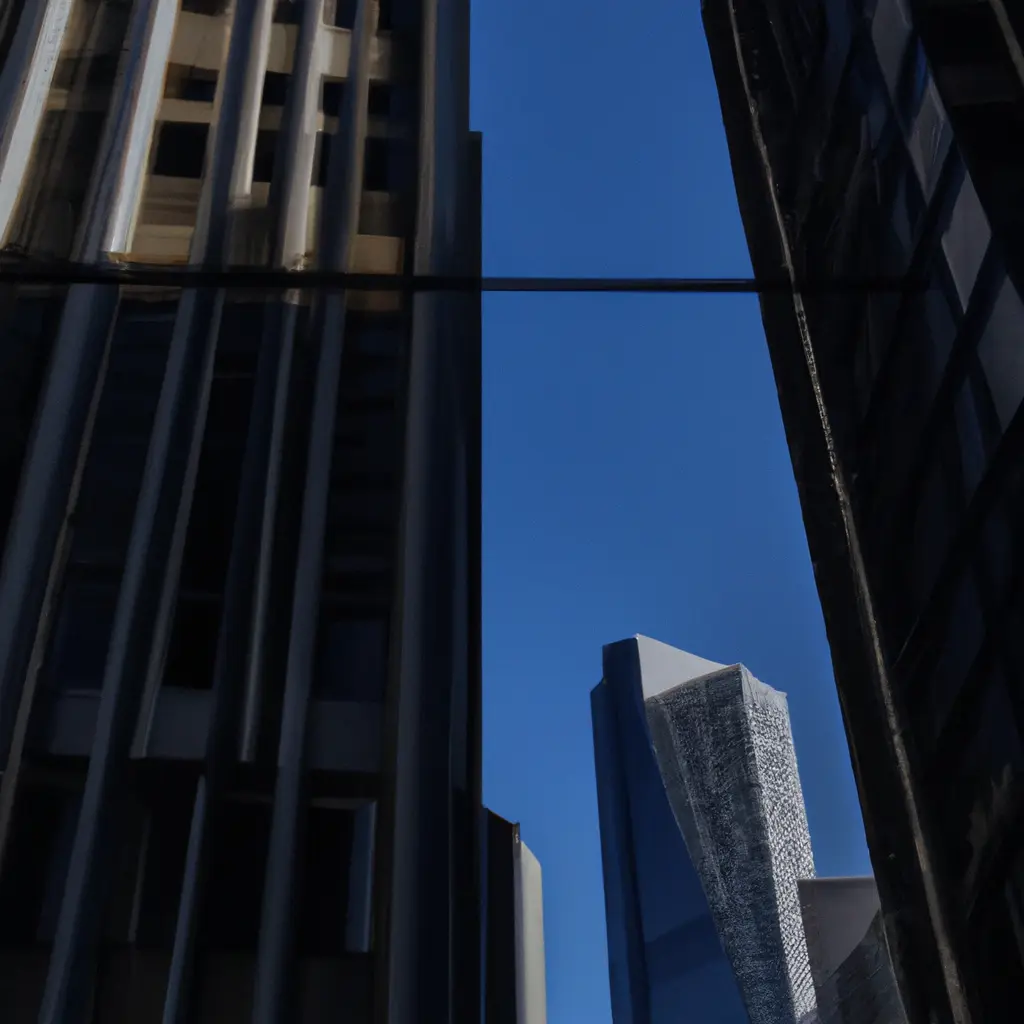Real estate investors and losses in a post-COVID world: reality for commercial players.


Journalists and SEO copywriters are beginning to ask the uncomfortable question: how safe are their commercial real estate investments if people will never again shop in malls or work in offices the way they did before the pandemic? Rising interest rates, sustained inflation and challenging economic conditions are familiar to seasoned commercial real estate buyers, who typically wait out the storm, expecting rental demand to recover and borrowing costs to fall.
Cyclical downturns rarely trigger a panic sale unless the lender is confident that the investor will be able to repay the loan and the value of the asset will remain above the debt taken on. This time, however, analysts, academics and investors interviewed by Reuters are warning of the possibility of change. With remote working becoming commonplace for many companies and consumers becoming accustomed to shopping online, cities like London, Los Angeles and New York are overflowing with buildings that locals no longer want or need. That means it could take much longer for the value of downtown skyscrapers and huge shopping centers to recover. And if tenants can't be found, owners and lenders risk more painful losses than in previous periods.
"Employers are beginning to realize that they no longer need to build giant structures to store their employees," said Richard Murphy, a political economist and professor of accounting at the University of Sheffield in the United Kingdom. "Commercial landlords should be concerned. Investors in them would be wise to get out now," he added.
According to Moody's Investors Service, global banks hold about half of the $6 trillion in commercial real estate debt, with the largest share coming due between 2023 and 2026. U.S. banks reported growing real estate losses in the first half of the year and warned of possible further losses. Global lenders to U.S. real estate investment trusts (REITs), which provided credit risk scores to data provider Credit Benchmark in July, said firms in the sector are now 17.9% more likely to default on debt than they estimated six months ago.
14 May 2025
13 May 2025
13 May 2025

Jeffrey Sherman, deputy chief investment officer at DoubleLine, a US investment house with $92 billion in assets, said some US banks are wary of tying up their valuable resources with commercial real estate refinancing expected in the next two years. "Deposit outflows can happen any day," he said, pointing to the shift of customer deposits from banks to higher-yielding money markets and government bonds. "As long as the Fed keeps rates high, it's a ticking time bomb," he said.
Some global policymakers remain confident that changing perceptions of what it means to "go to work" after a pandemic will not lead to a 2008-2009 style credit crisis. Demand for loans from eurozone companies fell to historic lows last quarter, and the U.S. Federal Reserve's annual "stress tests" showed that banks on average would experience a lower rate of loan losses in 2023 compared with 2022 in an "extreme" scenario of a 40% decline in commercial real estate values. The average value of commercial property in the UK has already fallen by around 20% from its peak without causing major credit deterioration, with one senior regulator noting that the proportion of UK banks tied up in real estate is now much smaller than it was 15 years ago.
But Bank Syz chief investment officer Charles-Henri Monchot compared the consequences of aggressively raising interest rates to fishing with dynamite. "Usually it's the smaller fish that pop up first, and then the last ones are the whales," he said. "Was Credit Suisse a whale? Was SVB a whale? We will only find out later. But the whale could be commercial real estate in the U.S.".
Comment
Popular Offers

Subscribe to the newsletter from Hatamatata.com!
Subscribe to the newsletter from Hatamatata.com!
I agree to the processing of personal data and confidentiality rules of Hatamatata











